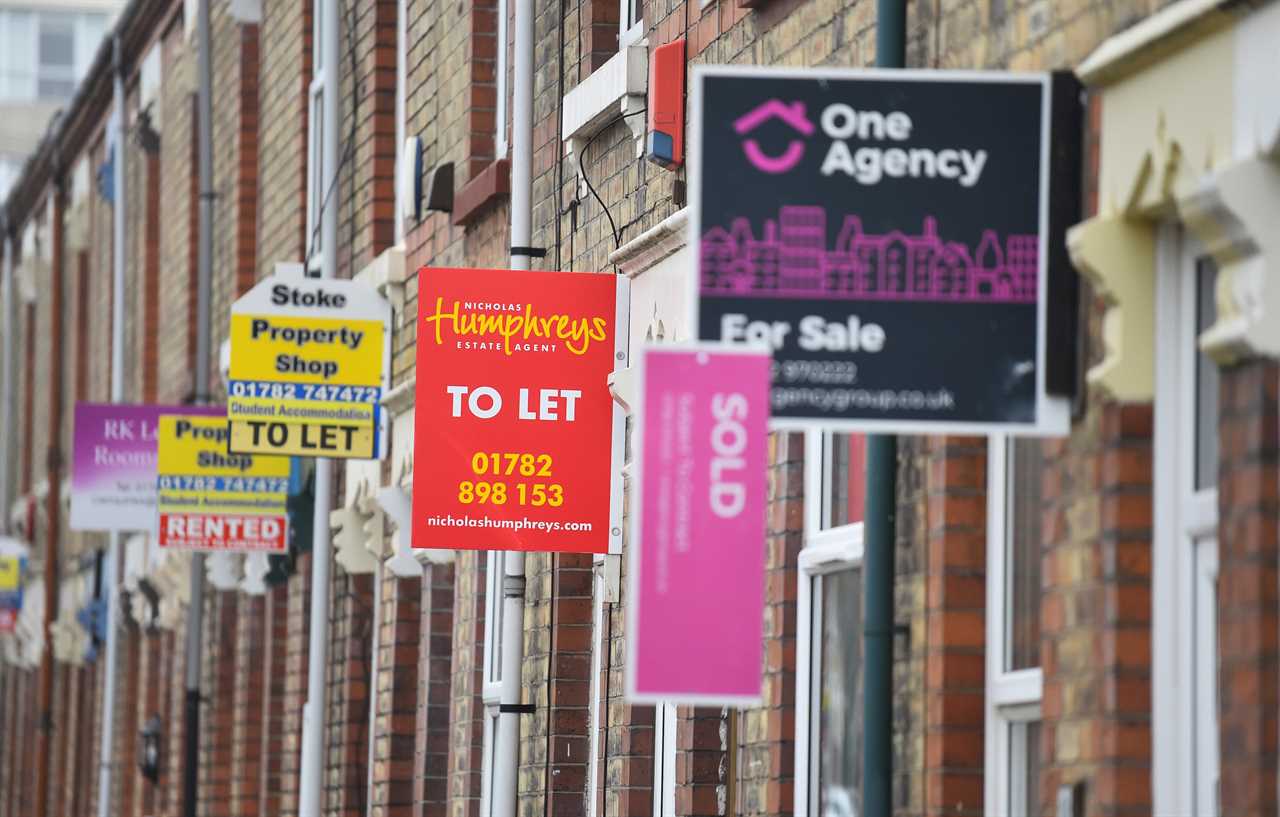RENTERS are to get access to a “lifetime deposit” to help with the costs of moving house.
The new scheme was announced today in the Queen’s speech and was just one of a raft of measures to reform the renting sector.

Read our Royal Family live blog for the latest updates

A number of reforms for renters have been announced in the Queen’s Speech
Her Majesty the Queen, 95, set out Boris Johnson’s agenda for the next 12 months as she officially opened Parliament for a fresh session this morning.
It’s one of the major events in the political year as the PM’s plans finally get earmarked to become laws.
The Queen also announced:
- Developers have been banned from charging ground rent for leasehold new-build homes
- Facebook and Google are finally to be slapped with huge fines for letting hate stay online
- Gay conversion therapy will be banned three years after Theresa May vowed to end it
- Huge NHS post-Covid shake-up has been revealed
- Crackdown on junk food as Government pledges war on obesity in wake of Covid pandemic
- All adults of any age will be able to get four year student loans to retrain or do a degree
Here, we take you through what was announced for renters:
Lifetime deposit
The Government has promised to outline proposals for a new “lifetime deposit” to help tackle one of the biggest barriers tenants face when moving home.
When moving to a new rented property, tenants must stump up the cash for a deposit before securing a tenancy.
This is equal to the maximum of five week’s rent to give landlords some protection if tenants damage the property or break the terms of the contract.
But the down payment is needed before the deposit from the previous property is released – something many are not able to do.
In her speech, the Queen said the proposals will “[ease] the burden on tenants when moving from one tenancy to the next, helping improve the experience of those living in the private rental sector.”
It’s not clear exactly how the scheme will work and further details are expected later in the year.
New Building Safety Bill
A new Building Safety Bill will hold developers to account over the use of unsafe materials when building a property.
It will also mean products used in construction of buildings will be held to “rigorous safety standards” to prevent tragedies such as the Grenfell Tower fire.
The regulator will also help tenants and homeowners with the cost of removing unsafe cladding, including through a financing scheme.
It will also slap a levy on the development industry to ensure it pays its fair share of the costs of removing the unsafe cladding.
The watchdog will provide tenants and homeowners with a clearer path to compensation if their buildings have been made with unsafe materials.
Ban on Section 21 evictions
The Government held a consultation on permanently banning Section 21 – known as no-fault – evictions in 2019 and has promised to publish the results this year.
Scrapping the rule would protect millions of renters from being turfed out of their homes by landlords without good reason.
Currently, landlords can issue a Section 21 notice without a valid reason to tenants outside of rental contracts, giving them just eight weeks notice to find a new home.
Many tenants live in fear of being evicted at short notice or continue to live in sub-standard accommodation because they are worried they’ll be asked to leave if they complain about problems in their home.
Since the Covid 19 outbreak, the Government temporarily amended the clause to stop landlords from kicking out renters whose income has been affected by the pandemic.
But this is likely to revert to the usual rules once all lockdown restrictions are lifted.
Changes to planning rules to build more homes
Over the next year, the Government will work on plans to replace the current planning system, which was designed in 1947, with a more modern version.
The new system will ensure more new homes and infrastructure, like schools and hospitals, can be built quicker.
The plans include simplifying the process for environmental assessments, something that couldn’t be done before when the UK was part of the EU.
While it doesn’t affect renters directly, it’s hoped that a digital based system will enable developers to build more homes to help more renters get on the property ladder.
Covid debt is putting thousands of renters at risk of eviction, according to new research by debt charity StepChange.
The charity is calling for emergency financial support to prevent widespread homelessness and housing insecurity as part of its Covid Debt Rescue campaign.
It also wants the eviction ban to be extended beyond June and for the government to offer interest-free loans to help renters get out of arrears. Wales already offers a similar scheme.








